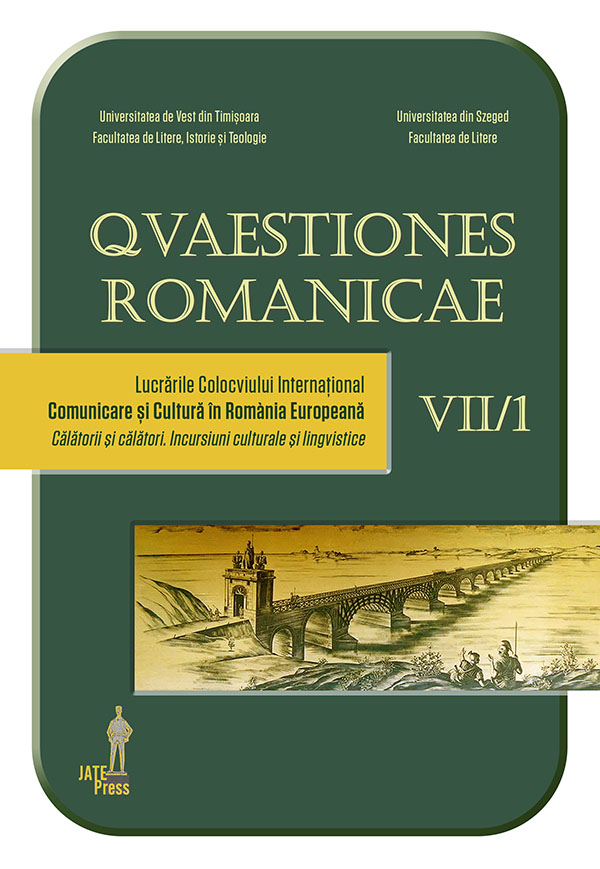Sguardi italiani: i concetti di “viaggio” e “viaggiatore”
Abstract: (Italian Gazes: the Concepts of “Travel” and “Traveller”) The present paper aims to investigate the definitions and interpretations of the typical postulates of travel which could be considered an identity-(trans) forming practice for the travellers. The association between travel and writing, as mythopoeic transcription of the experiential memory, is indeed irrefutable. This study, therefore, will draw on the travel writing production of merely Italian travelers-authors – avoiding the great writers of the genre who generally belong to other, especially English- or French-speaking, literary domains – to establish, through the accounts of direct intuitive experiences, the key points in order to infer the essential features of the practice. The trait d’union is precisely the journey without dwelling on gender or ideological separatism. The remarks emerging from the narrative threads of the itinerant adventures multiply, often through the use of metaphors and similes, the meanings given to travel and to the symbiotic and organic relationship between the practice and the art of writing. The travelers-writers, witnesses of the passing of time, of the transformation of space and also of the traveller’s transformation, reflect on their pages the event-based and anthropological progress; by doing so, they also interpret the ‘I’, the Other, and the Otherness. Based on a comparative perspective, the exegetical practice is based on the targeted sampling methodology.
Keywords: travel, traveler, postulates of the journey, Italian travel writing, travel-writing.
Riassunto: Il presente intervento si pone come obiettivo quello di investigare quali siano le definizioni e le interpretazioni dei postulati tipici del viaggio inteso come pratica di (tras)formazione dell’identità del soggetto viaggiante. Assiomatica è, infatti, l’associazione tra il viaggio e la scrittura in quanto trascrizione mitopoietica della memoria esperienziale. Si attingerà perciò, in una prospettiva tutta italiana, alla produzione odeporica di viaggiatori-autori italiani –evitando i grandi del genere che generalmente appartengono ad altri panorami letterari, soprattutto di lingua inglese o francese – per stabilire, attraverso i resoconti dell’esperienza intuitiva diretta, i punti cardine utili per l’estrapolazione delle caratteristiche essenziali della pratica. Il trait d’union è proprio il viaggio stesso senza soffermarsi su separatismi di genere o ideologici. Dal filo narrativo delle avventure itineranti scaturiscono considerazioni che, spesso sfruttando metafore e similitudini, moltiplicano i significati attribuiti alla mobilità e alla relazione simbiotica e organica tra la pratica del viaggiare e l’arte della scrittura. I viaggiatori-scrittori, testimoni dello scorrere del tempo e del trasformarsi dello spazio nonché della trasformazione identitaria dell’io viaggiante, riflettono sulle pagine odeporiche l’evolversi evenemenziale e antropologico interpretando l’Io, l’Altro e l’Altrove. Basandosi su una prospettiva comparatistica, la pratica esegetica si fonda sulla metodologia del campionamento mirato.
Parole chiave: pratica del viaggiare, viaggiatore, postulati del viaggio, odeporia italiana, viaggio-scrittura.
